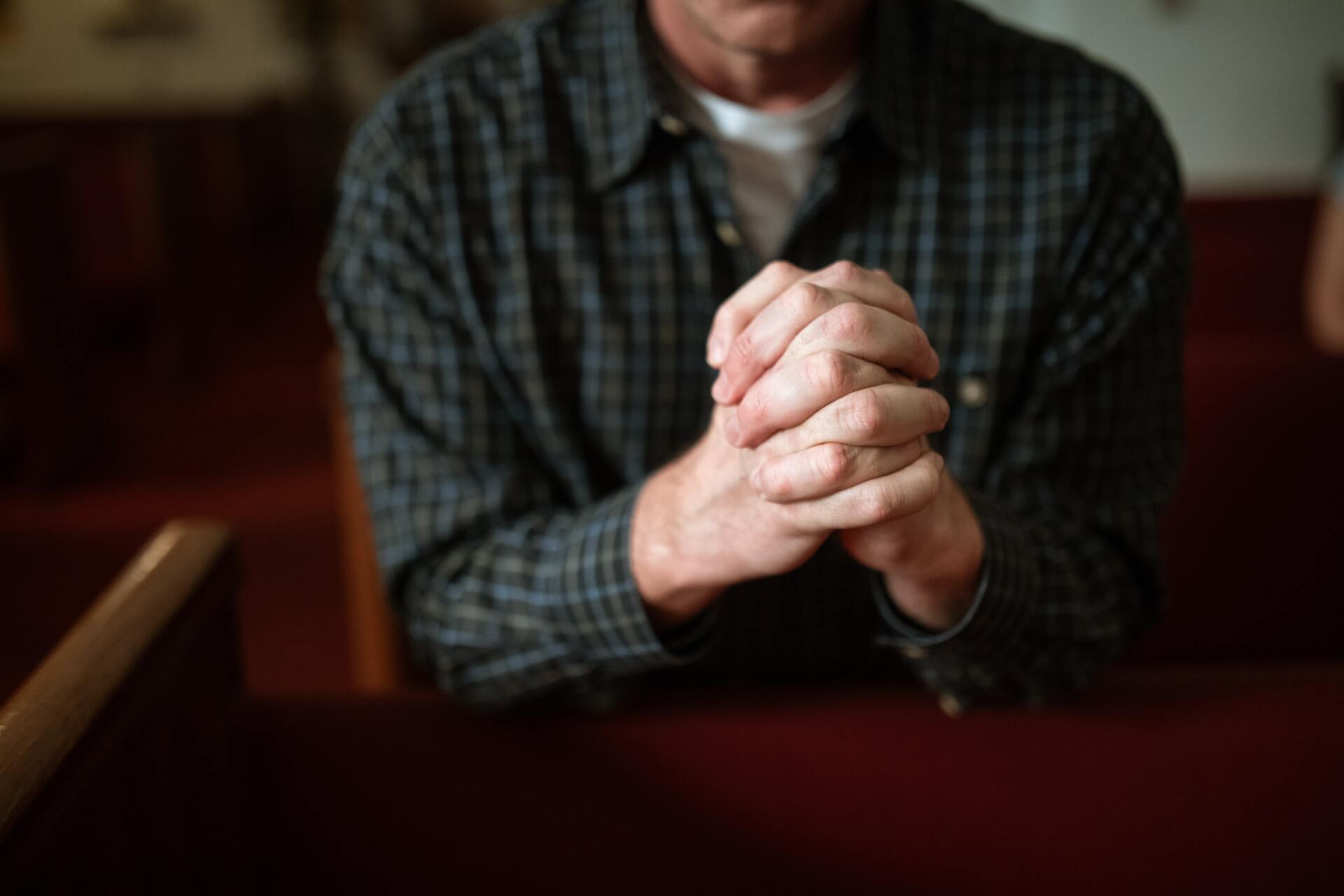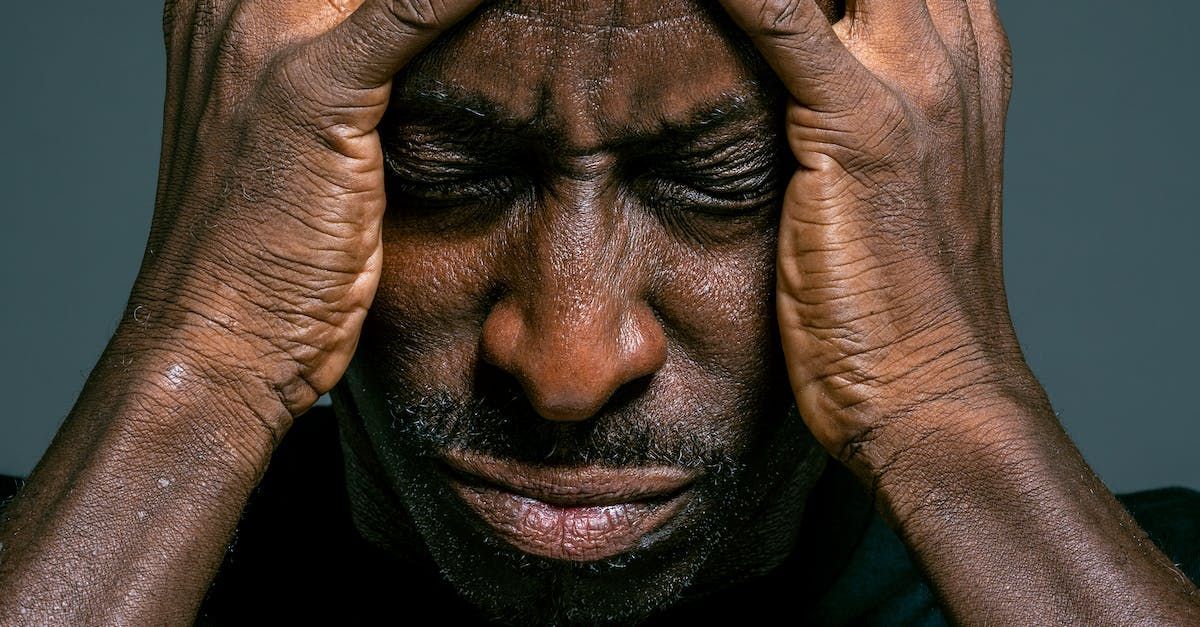Why Confession Matters for Church Members

As a bishop, the first five minutes after a congregation member confesses a sin could determine the direction of their path forward. Although a confession may feel awkward or uncomfortable, it can be a freeing experience. At the same time, it's important to remember it can also be rather distressing. Ultimately, the goal is to help your members without leaving them feeling alone, shamed, or betrayed.
Being a bishop can be a liberating experience. For example, you're there to help facilitate a relationship with your member and their relationships with Jesus Christ and their Heavenly Father. Yet, how you react, treat, or even respond to this member can heavily impact their spiritual experience. Thus, the reason why the first five minutes after a confession is so crucial. It's vital for all congregation members to feel acknowledged, validated, and supported after confessing, even if the spirit has not revealed the necessary next steps. Displaying this response will build empathy and help them embrace the repentance process and the sheer power of the Atonement of Jesus Christ.
Let's walk through how you might better help those you serve to have a spiritual experience.

Why the first 5 minutes matter
Confession with a bishop often starts from an individual's action of self-revelation. It allows church members to come before a Lord's representative and share their wrongdoings, ask for forgiveness, and start anew through repentance.
As natural men, we tend to form responses or opinions before the other person stops talking. Yet, in doing so, we may miss or ignore essential information. This is especially true in the setting of a confession with a bishop. As a result, this behavior might override your intent to show empathy and trust. As a result, the member may feel judged, embarrassed, and ashamed.
"Jesus saw sin as wrong but also was able to see sin as springing from deep and unmet needs on the part of the sinner. This permitted him to condemn the sin without condemning the individual. We can show forth our love for others even when we are called upon to correct them. We need to be able to look deeply enough into the lives of others to see the basic causes for their failures and shortcomings."
– Spencer W. Kimball August 1979 Ensign
If a member feels safe, loved, and supported, they are more likely to move forward and heal through the atonement. Likewise, those who feel the opposite tend to get stuck in their guilt and ashamed. They may also feel alone and disconnected. As a result, this could lead them to drift away from God, eventually fading away from the Church altogether.
However, there is hope and a proven process for bishops to use in these situations to help their members. In short, it requires bishops to develop patience, open perspectives, and new forms of communication.

Understand sin is a symptom, not the problem.
In the Church, confession is an act of contrition (penance) performed before a bishop. A member confessing sins may also seek absolution, forgiveness, and spiritual guidance.
As bishops, it is important to remain calm and engaged without prejudice towards any sin. Jesus Christ created his Church to welcome anyone who wants to join him. Likewise, he teaches us, as members of the Church of Jesus Christ, to accept and love everyone in our community. No matter their situation, we are all children of God.
It's true; some bishops do not understand how vital the first five minutes after a confession are. Instead of connection, a bishop may lose focus. Examples of this include:
- Focusing on stopping the symptom is the desirable goal.
- Ignoring the pain or fear of the sin but mistakenly making the sin the sole focus.
- Lack of "understanding."
- Prejudice or preconceived notions
As a result, a bishop's inability to connect or engage with a non-judgemental tone can seriously alter the member's path during the repentance process.

Discovering the root behind every sin together
As discussed in the previous section, "sin is a symptom, never the problem."
As bishops, we can miss the opportunity to truly help our ward members by becoming hyperfocused on the sin rather than the root of the problem that is leading to sin. For example, if an elder in your ward is struggling with pornography, do you know why? What's at the root of the behavior? The elder may not understand the why behind his pornography addiction either. However, this is when the spirit may help guide you with the right questions, allowing you to discover the root of the problem together. Addressing the driving force behind the sin makes the symptoms easier to work through and overcome.
When asking discovery and exploratory questions, be mindful of the following eight emotions. This can provide powerful insight into the connection between a member's actions and behaviors.

Learn to stay away from toxic shame after a confession
Going to a bishop to receive counsel and guidance should always be welcomed among your congregation. Bishops follow and adhere to the teachings of Jesus Christ. Specifically, they understand and teach the atonement process and how confession is a necessary and freeing first step in receiving forgiveness.
As members enter the bishop's office, they may exhibit a feeling of anxiousness. Likewise, this step also shows humility, hope, and encouragement. However, these positive emotions may fade if a bishop mishandles the moment. For example, a bishop may experience the promptings of a "counterfeit still, small voice." As a result, this may lead to an immediate response that could unintentionally induce a feeling of toxic shame.
For example, toxic shame can leave a member with thoughts like:
- I'm a bad person
- Something is wrong with me
- I'm a failure
- I will never measure up
- I'm unlovable
It's okay if you don't know the answer or feel the spirit's guidance at the exact moment. When these situations occur, bishops can always rely on instilling the feeling that forgiveness is possible through the atonement of Jesus Christ.

Why focus on change rather than treating the sin?
The first five minutes after a confession with a ward member could change the course of their life forever. How a bishop helps members connect to the true doctrine in their minds and hearts could determine the changes they make.
"True doctrine, understood changes attitudes and behavior. The study of the doctrines of the gospel will improve behavior quicker than a study of behavior will improve behavior...That is why we stress so forcefully the study of the doctrines of the gospel."
-Boyd K. Packer November 1986 Ensign
President Packer did not teach that simply knowing true doctrine changes us. Rather, doctrine must be understood. The word
understanding
in the scriptures is frequently linked to and associated with the heart. Likewise, it often refers to a revealed result or conclusion. Thus, true doctrine confirmed in the heart as true by the witness of the Holy Ghost changes attitudes and behavior. Knowing true doctrine is necessary but is not sufficient. Understanding true doctrine both in our minds and in our hearts is essential to righteous attitudes and actions.
-David A. Bednar, Increase in Learning, Chapter 4
As a bishop, here are three steps you can use to help your ward members focus on change than treating the sin.
- Teach the Doctrine
- Gospel doctrines answer the "WHY."
- Promise Blessings
- Invites hope into their hearts
- Invite to Act
- Members exercise their agency here. This is where our faith requires us, as bishops and counselors, to let go. If conversion happens, it is in this stage.
In the Church of Jesus Christ, we not only learn divine doctrine; we also experience its application. As the body of Christ, the members of the Church minister to one another in the reality of day-to-day life. All of us are imperfect; we may offend and be offended. We often test one another with our personal idiosyncrasies. Or, as President Packer says, "Idiosyncrasies." In the body of Christ, we have to go beyond concepts and exalted words and have a real "hands-on" experience as we learn to "live together in love."
- Todd D. Christofferson, Why the Church, Oct. 2015 General Conference
Are you interested in learning more about this topic? If so, please register for one of our upcoming bishop training sessions. This training is free and completely confidential.
If you have any questions or would like professional help with a member, please feel free to reach out to Sole Counseling



